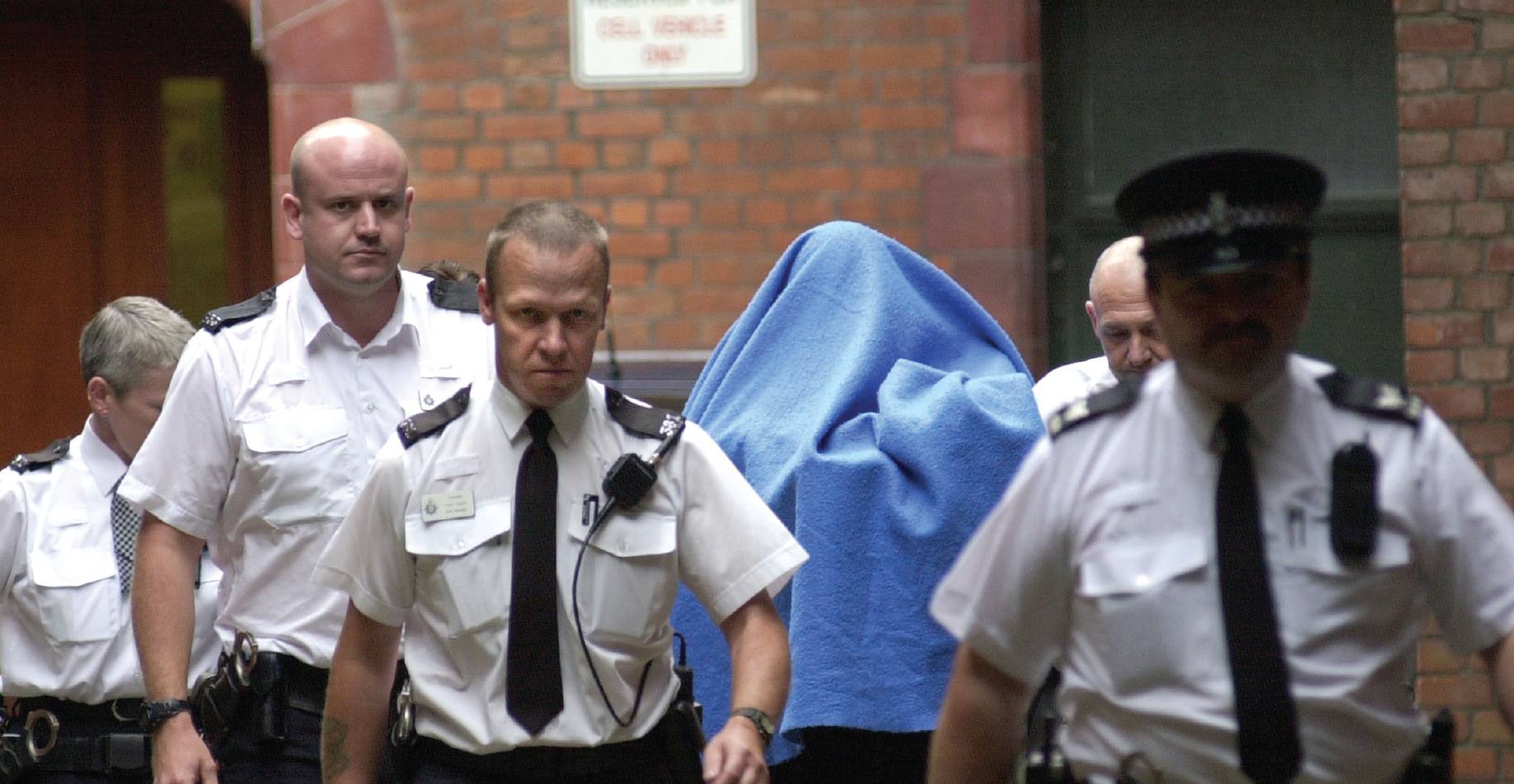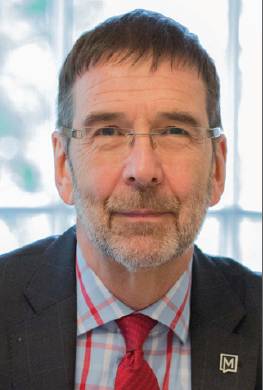Comment
The end of the criminal courts charge
Malcolm Richardson JP discusses the demise of the charge.
On 13 April 2015, something seismic happened in our criminal justice system. The criminal courts charge came into legal effect. This charge applied to all adult offenders charged on or after that date, barring some rare exceptions. I have been a justice of the peace since 1989, and I can confidently say that I have never seen such widespread judicial angst over a single issue; in short, the charge has struck at the very heart of what we call justice. Now the charge has been scrapped, the sigh of relief across the criminal justice system is almost audible.
Before I go on, I should clarify that the Magistrates’ Association had a ‘neutral position’ on the actual existence of the charge. The reason for this is that what should and should not be law is a matter for parliament as the legislature. The charge was the law, which we had a sworn duty to administer. We live in a democracy, and it is not for holders of judicial office to legislate or attempt to legislate; instead, we adjudicate.
However, we have an entirely legitimate role in commenting and advising on the administration of the law, and I am mindful that the Lord Chief Justice, Lord Thomas, has recently made it clear that judges and magistrates should feel unencumbered in so doing. That is why we were so robust in our commentary on the effect of the mandatory charge and the profoundly unjust outcomes our members witnessed in courtrooms across England and Wales.
As I write, the dust is settling on the news of the abolition. When announcing its demise, the Lord Chancellor Michael Gove sited the Justice Select Committee’s report recommending that the government scrap it immediately. We gave evidence to the select committee, which included the results of a survey of our members showing that 93% thought the charge was unfair and disproportionate. It also demonstrated that 84% of our members believed that it should be means-tested . We are therefore greatly encouraged that our submissions have had such an impact and that Mr Gove listened.

Magistrates’ courts sentence over 90% of all criminal offenders who are brought before the courts, particularly for low-level offences where a financial imposition is indicated by our sentencing guidelines. Sentencing is carefully geared to the seriousness of the offence and the income of the offender to ensure proportionality and fairness.
The new mandatory charge was, however, a fixed charge, levied without any recognition of an offender’s means and, as mentioned, judges and magistrates had no discretion over its imposition. At its lowest level before magistrates, following a guilty plea an offender had to pay £150. At its highest level, an offender would have had to pay £1,000 following a guilty verdict at trial.
After its introduction, our members reported that the addition of the charge made any semblance of fairness in sentencing effectively redundant.
More than that, a new concern was being raised in criminal justice that we had simply not seen before. The thought process magistrates observed in defendants can be summed up like this: ‘If you plead ‘guilty’ , you will pay less. Plead ‘not guilty’ , run the risk and be convicted, you will pay much more. Why take the chance? Just plead ‘guilty’ .’
This perverse incentive surely could not be the way the criminal justice system should operate. The presumption of innocence should not cower in the shadow of an economic imperative to minimise the risk of a higher charge: Mr Gove understood this.
Moreover, our members had little faith that the charge would ever be collected. As it is, collection rates for fines are poor. We had strong reason to believe that the courts charge collection rates will be substantially worse. Also, we had to face the fact that for many offenders their financial status and motivation to offend means that they would likely never pay the charge, for example, the homeless person who steals a low-value food item.
The charge and its mandatory nature also appeared to be having an undue influence on sentencing. Although the legislation itself said that the charge should have no influence on sentencing, it is impossible to see how this difficulty would not manifest itself because the charge itself could, in totality, be greater than the actual sentence and costs. After all, magistrates are required to adhere to the principle of totality, in which the total penalty imposed on offenders is just and proportionate in all circumstances. The charge made this almost impossible.
As an independent charity, the Magistrates’ Association is proud to represent the majority of magistrates in England and Wales. We give our members a voice they would otherwise lack, assiduously impartial and totally non-partisan . As stated, the solemn duty universal to all magistrates is to administer the law, but the charge frustrated natural justice. As holders of judicial office , magistrates do not speak out lightly. Yet the criminal courts charge provoked a response so powerful it could not be left unheard. Many magistrates have resigned because they believe that they could not, in all fairness, impose the charge without the discretion they have in all other forms of sentencing.
At this juncture, it is important to note that membership of the Magistrates’ Association is open to anyone with an interest in the administration of justice: civil or criminal. Our members include solicitors, barristers, Chartered Legal Executives, academics, the senior judiciary, probation officers , legal advisers, students and beyond. This vast pool of experience helped us to build the case for a fundamental review of the courts charge and its consequences for justice in our courts. That case has come up with the goods.
The Lord Chancellor and Secretary of State for Justice, Michael Gove, has proven himself as a tenaciously spirited reformer, he has deservedly gained plaudits for this. This reforming zeal, which honours the spirit of justice in our system, has set the standard and led to the sorry saga of the courts charge to end in the only way it could: abolition.
